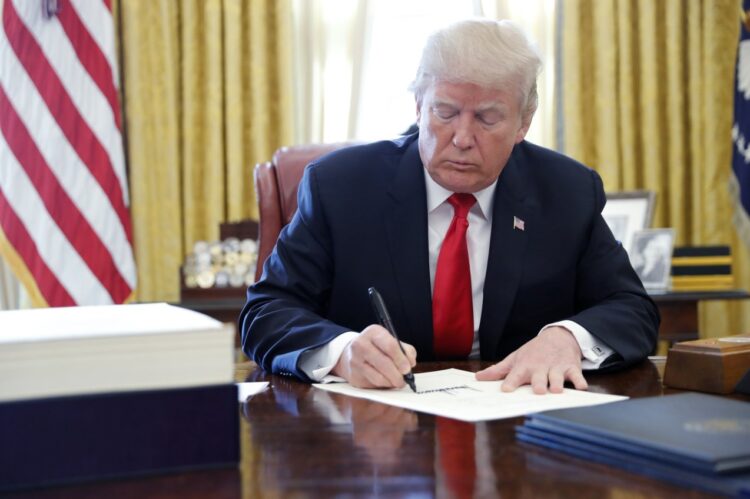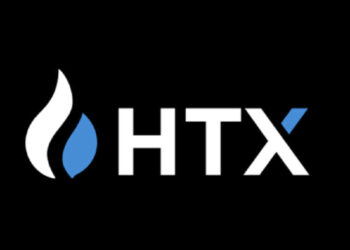President Donald Trump has signed a bipartisan bill to combat the misuse of deepfake technology and online exploitation.
The legislation, known as the DEEPFAKES Accountability Act, targets the malicious creation and distribution of synthetic media that can deceive or harm individuals, especially in contexts of harassment, fraud, and misinformation.
The Act criminalizes the creation or dissemination of deepfake content intended to cause harm or deceive the public, particularly when used to exploit individuals or manipulate elections. It mandates transparency measures requiring creators of synthetic media to disclose when content has been artificially manipulated. This move addresses growing concerns over the rapid advancement of artificial intelligence tools that can generate highly realistic but fake videos and images.
Trump begins with signing ceremony after being sworn in as 47th President https://t.co/PDmjIo6st3 pic.twitter.com/8RMMCTAHsi
— New York Post (@nypost) January 20, 2025
Lawmakers from both parties supported the bill, highlighting the urgent need to regulate deepfake technology to protect privacy and maintain trust in digital communications. The bipartisan nature of the legislation reflects a shared recognition of the risks posed by deepfakes, which have been linked to online harassment, political misinformation, and scams.
Experts note that while deepfake technology has legitimate uses in entertainment and education, its potential for abuse has escalated. The new law aims to strike a balance by penalizing harmful uses without stifling innovation.
The Act also includes provisions for law enforcement agencies to investigate and prosecute offenders effectively. It encourages cooperation between technology companies and regulators to develop detection tools and raise public awareness about synthetic media threats.
Notably, the FBI has issued a warning about these tactics, which involve using synthetic voices and deceptive messages to gain victims’ trust. The potential for attackers to compromise legitimate accounts and breach government networks is immense. In a related concern, actress Jamie Lee Curtis publicly criticized Meta CEO Mark Zuckerberg after a deceptive AI-generated advertisement featuring her image appeared without her permission. This incident highlights the unauthorized use of individuals’ likenesses in deepfakes.
If you want to read more news articles like this, visit DeFi Planet and follow us on Twitter, LinkedIn, Facebook, Instagram, and CoinMarketCap Community.
“Take control of your crypto portfolio with MARKETS PRO, DeFi Planet’s suite of analytics tools.”





















